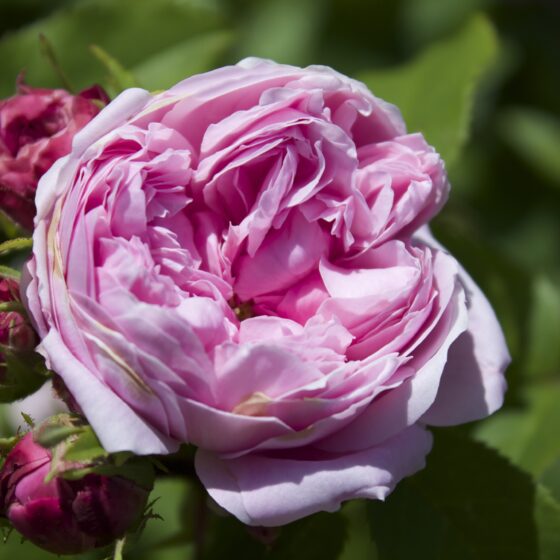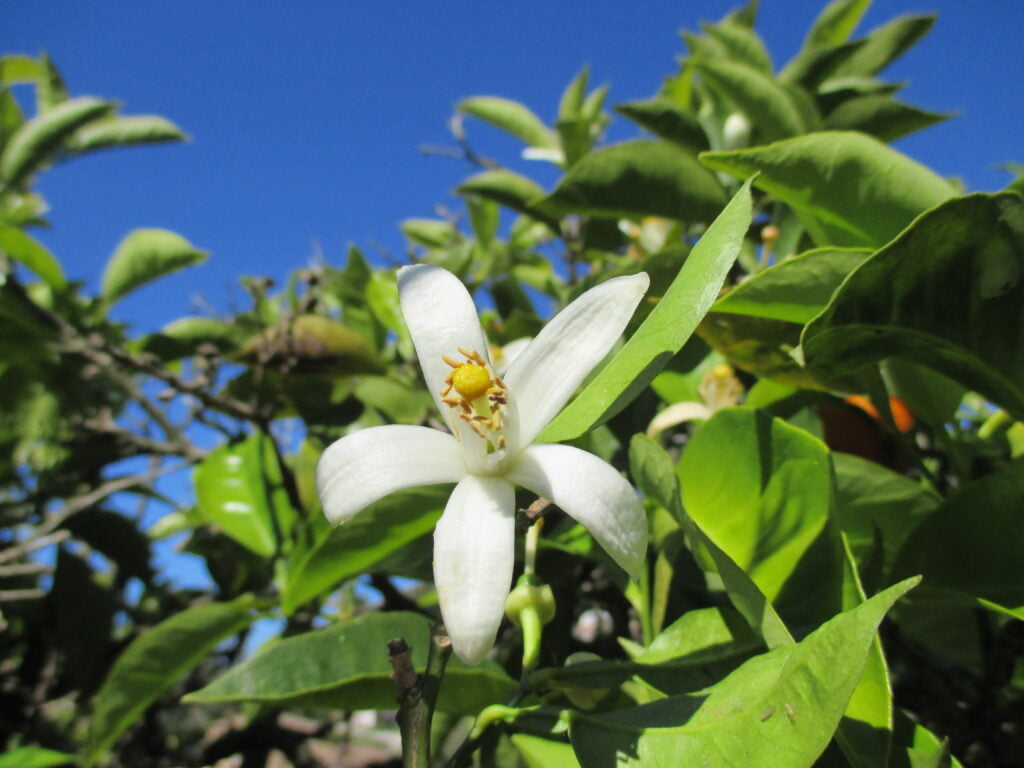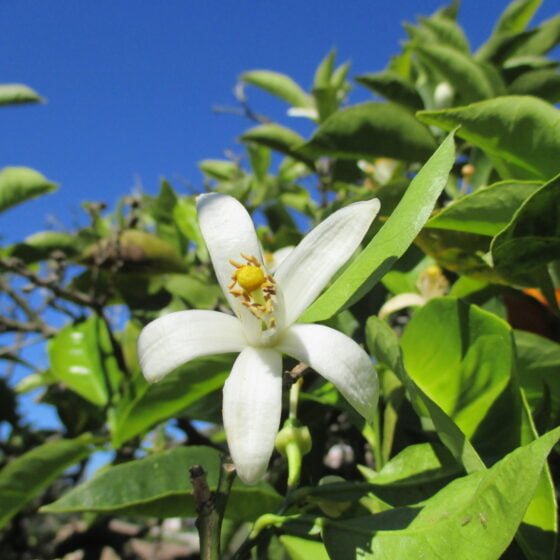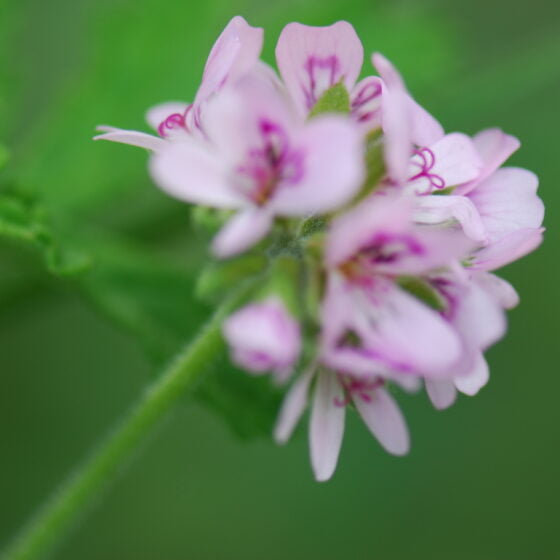
Neroli Tunisia
Citrus aurantium amara flower oil
General data
Harvest Calendar
- J
- F
- M
- A
- M
- J
- J
- A
- S
- O
- N
- D
Product details Our added value
Neroli and Albert Vieille go back a long way! Decades ago, in France, on the hills of Vallauris and Golfe-Juan, orange trees stretched as far as the eye could see. In 1956, after a series of harsh winters and losing over half of his bitter orange trees, Marius Laborma purchased a distillation plant in Nabeul, Tunisia. By 1968, when Mr Laborma’s son-in-law, Albert Vieille, took over the company and gave it his name, the factory was no longer there, but the flowers from the trees planted by Mr Laborma are still harvested and our privileged relationship with our production partner lives on.
Fragrance side
Neroli is traditionally used in colognes. It can be used as a top note for reconstitutions of orange blossom or gardenia. When blended with orange blossom absolute, neroli adds a simple and effective freshness
Well-being side
Gentle antibacterial, skin tonic, soothes nervous tensions expressed at the digestive level and in the heart. Antidepressant, essential oil for those who are afraid, it restores courage, vitality and self-confidence.
*The aromatherapy properties in this document are excerpted from reference books, scientific articles, or specialized websites and are provided to customer for its information and internal use only. Claims on a finished product remain the responsibility of the company making the finished product available on the market. About
Citrus aurantium var. amara, known as the bitter orange tree or the Seville orange tree, is native to Asia Minor. It was introduced in Europe, specifically Spain, by Arab merchants in the 9th and 10th centuries. In the 19th century and start of the 20th century, the bitter orange tree brought great renown to the southern French towns of Vallauris and Golfe-Juan.
The bitter orange blossom takes its name Neroli from a 17th-century duchess named Anne-Marie de la Trémoille, also known as Princess of Nerola. She was particularly fond of this flower and used it to scent her gloves and bath water.
In Tunisia, the flowers begin to bloom in springtime, at which time the harvesters descend upon the orange groves in the early morning hours to pick the blossoms with their skillful fingers. The precious essential oil contained in these flowers is extracted on the day of harvest. Though it true that Tunisian orange blossom does not have quite the same soul as our Grasse blossom, its scent is sweet and rich and steeped in the history of its land.
Our added value
Neroli and Albert Vieille go back a long way! Decades ago, in France, on the hills of Vallauris and Golfe-Juan, orange trees stretched as far as the eye could see. In 1956, after a series of harsh winters and losing over half of his bitter orange trees, Marius Laborma purchased a distillation plant in Nabeul, Tunisia. By 1968, when Mr Laborma’s son-in-law, Albert Vieille, took over the company and gave it his name, the factory was no longer there, but the flowers from the trees planted by Mr Laborma are still harvested and our privileged relationship with our production partner lives on.
Fragrance side
Neroli is traditionally used in colognes. It can be used as a top note for reconstitutions of orange blossom or gardenia. When blended with orange blossom absolute, neroli adds a simple and effective freshness
Well-being side
Gentle antibacterial, skin tonic, soothes nervous tensions expressed at the digestive level and in the heart. Antidepressant, essential oil for those who are afraid, it restores courage, vitality and self-confidence.
About
Citrus aurantium var. amara, known as the bitter orange tree or the Seville orange tree, is native to Asia Minor. It was introduced in Europe, specifically Spain, by Arab merchants in the 9th and 10th centuries. In the 19th century and start of the 20th century, the bitter orange tree brought great renown to the southern French towns of Vallauris and Golfe-Juan.
The bitter orange blossom takes its name Neroli from a 17th-century duchess named Anne-Marie de la Trémoille, also known as Princess of Nerola. She was particularly fond of this flower and used it to scent her gloves and bath water.
In Tunisia, the flowers begin to bloom in springtime, at which time the harvesters descend upon the orange groves in the early morning hours to pick the blossoms with their skillful fingers. The precious essential oil contained in these flowers is extracted on the day of harvest. Though it true that Tunisian orange blossom does not have quite the same soul as our Grasse blossom, its scent is sweet and rich and steeped in the history of its land.
Other type of extracts
(Floral)


